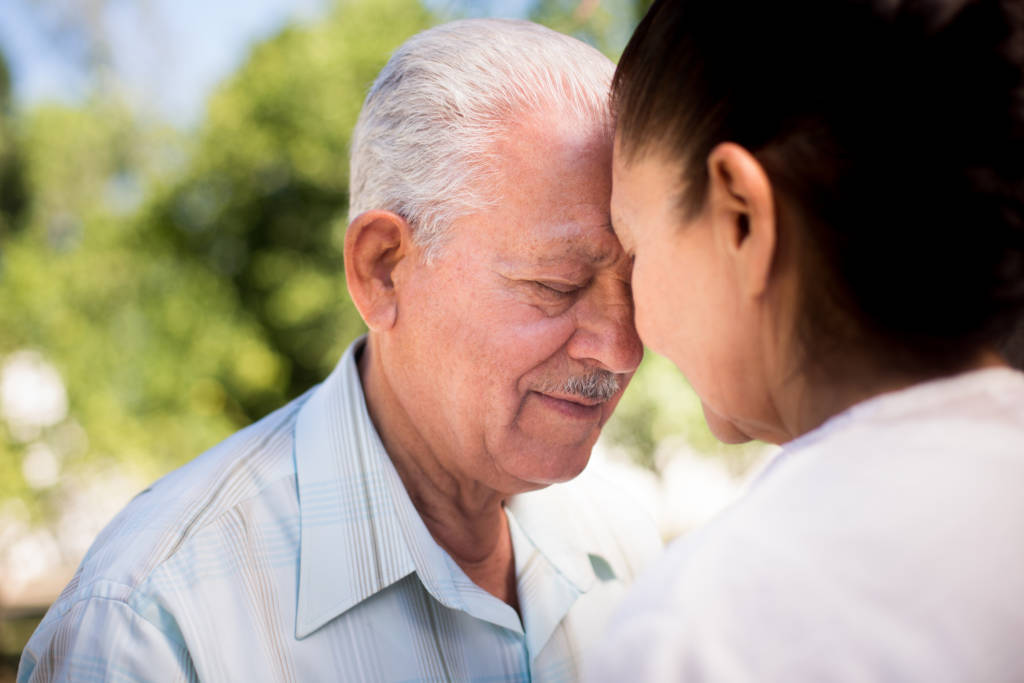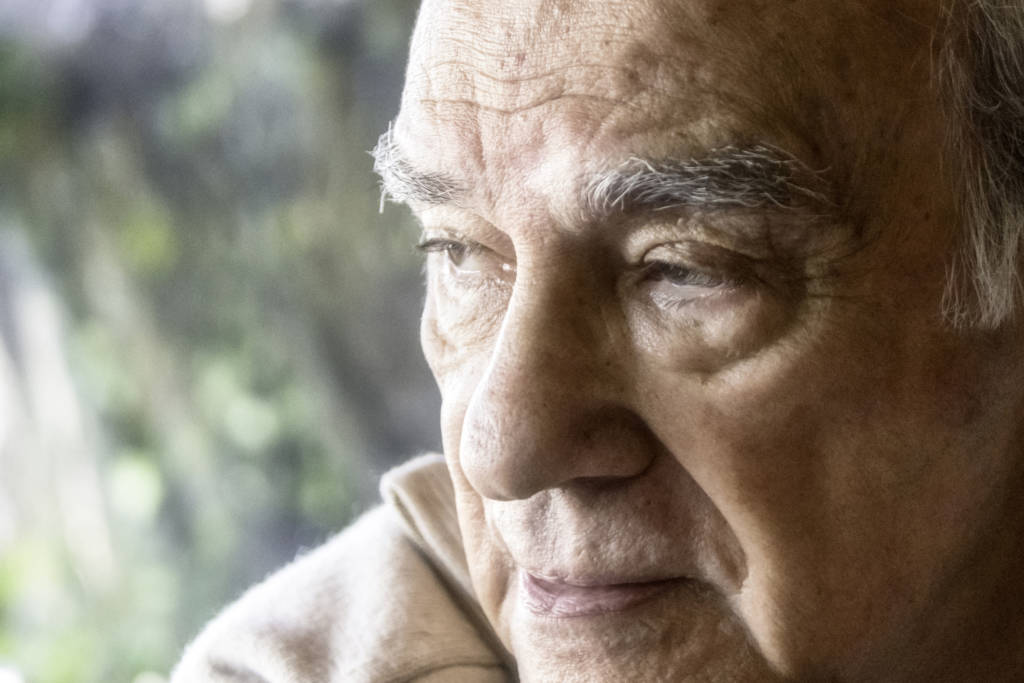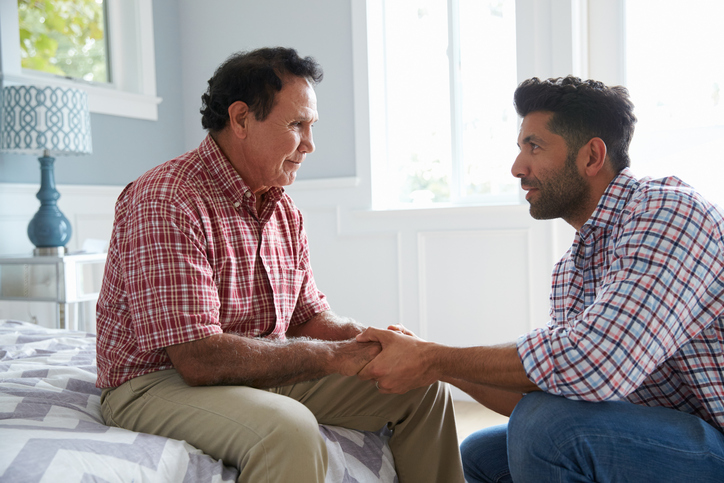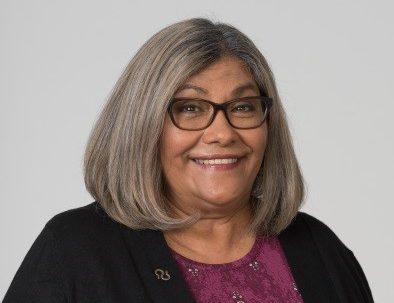As time passed by, her “forgetfulness” became more consistent and she would have episodes where she would lose her car keys and then her husband would find them in the refrigerator or she would accuse him of stealing her jewelry. “I knew I had to get her help when my mom called me and asked me how to get to my sister’s house when my sister had lived down the street from us for 15 years,” says Hernandez.
Many times the signs are there, but unfortunately, people don’t know much about the disease until someone close to them is diagnosed. June is Alzheimer’s and Brain Awareness Month and during this time, the Alzheimer’s Association is reminding people about the 10 early signs and symptoms and the truths of Alzheimer’s:
- Alzheimer’s Disease is fatal
- Alzheimer’s disease is not normal aging
- Alzheimer’s is more than memory loss
- Alzheimer’s is more prominent in Hispanics and African-Americans
- Early detection matters
- Cannot be prevented
- Healthy habits can reduce your risk of cognitive decline
- It’s very expensive
- Caregiving is extremely difficult [youtube=https://www.youtube.com/watch?v=ljbc99PhWeM&w=560&h=315]
There are so many people that have been touched by this disease and none of their stories are ever the same because Alzheimer’s affects everyone differently. It’s a progressive disease and even though they have days when they remember, there are other times when they are scared and don’t even know their own children or close family members.
“You have to realize that the person who has the disease still has a voice,” explains Hernandez. Her mother now needs 24-hour care, but just because she is getting the help she needs, doesn’t mean that the disease is going away. “It’s about being there and having someone from the family with her every day to make sure she’s in an environment where she feels comfortable. Early diagnosis matters and there is treatment that can help. “If I had known sooner, I could have given my mom more options and let her make her caregiving decisions before the disease took over,” she says.
To learn more about Alzheimer’s disease visit ALZ.org.
Leer en Español.






